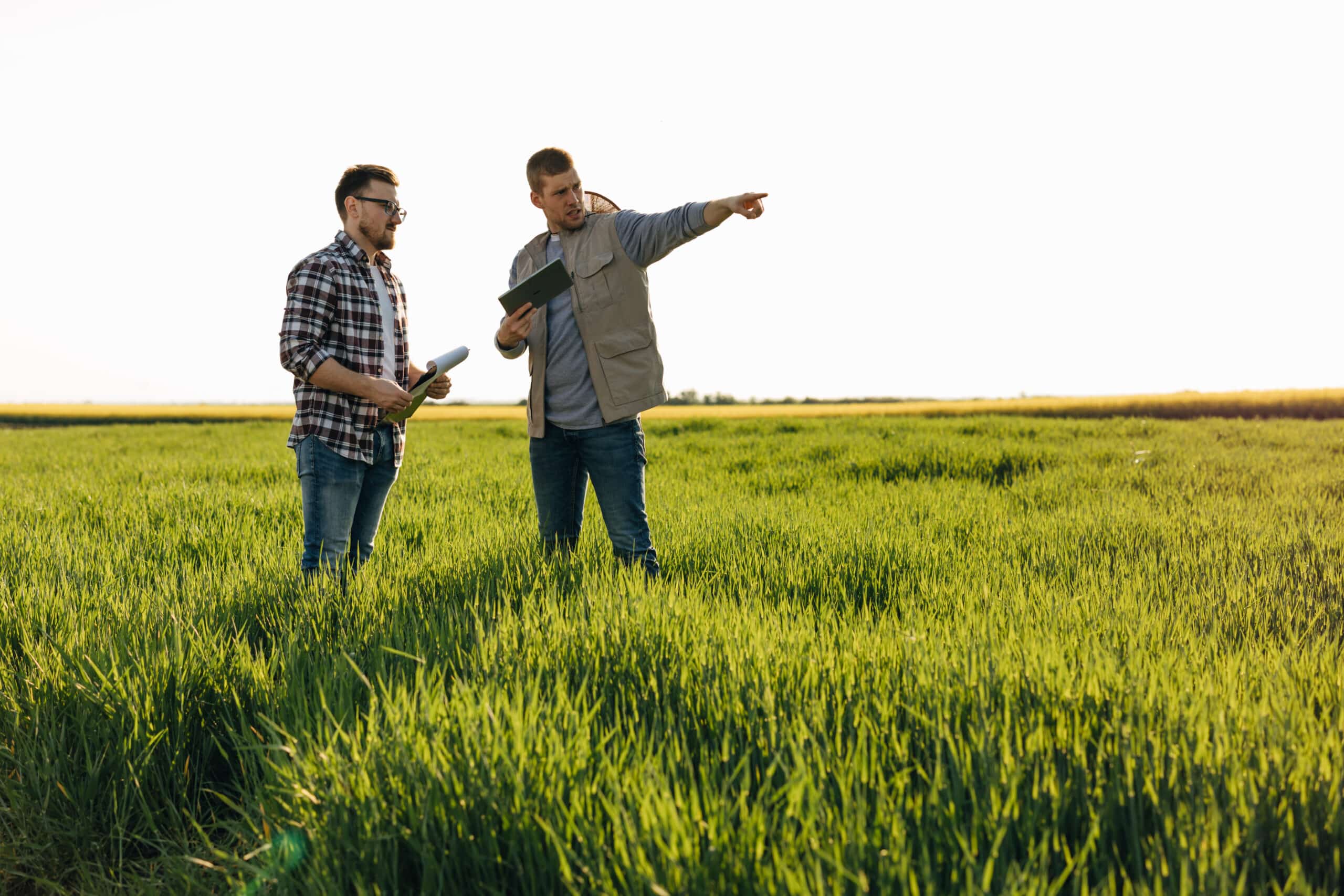The French agricultural sector stands at a crossroads.
With nearly half of farm owners aged 52 in 2022, a looming wave of retirements is on the horizon. This situation raises crucial questions about generational renewal and the sector’s appeal to young people, particularly Generation Z.
How can agricultural know-how be passed on, and how can a new wave of professionals be attracted?
An aging agricultural sector facing a retirement wave
The French agricultural sector is facing a significant aging of its workforce, presenting major challenges for its future.
In 2020, the average age of farm operators was 51.4 years, compared to 50.2 in 2010, reflecting a gradual aging of this vital workforce. More concerning, 43% of farmers were over 55 in 2020, a 7-point increase since 2010. This trend suggests that a significant share of farmers will reach retirement age in the next ten years, highlighting the urgent need for generational renewal.
At the same time, the number of farms has seen a sharp decline. In 2020, mainland France had about 390,000 farms, a drop of 100,000 from 2010.
This reduction is partly due to farm consolidation and the expansion of existing operations, with the average utilized agricultural area increasing from 55 hectares in 2010 to 69 hectares in 2020. However, this land concentration does not make up for the loss of skilled and experienced labor due to retirements.
The agricultural sector’s appeal to Generation Z
It’s no secret that Generation Z, born between 1997 and 2012, is seeking meaningful careers that align with their values.
Agriculture, as a sector essential to food sovereignty and ecological transition, has undeniable strengths to attract these young people.
According to a survey by ANEFA Finistère, young people are increasingly interested in sustainable and innovative careers, with 78% of respondents in a 2023 study expressing a strong desire to combine technology and agriculture.
Generation Z seeks careers that contribute positively to society. Agriculture meets these aspirations.
Agricultural education programs, both diverse and innovative, offer opportunities aligned with these values. The growing integration of new technologies that improve working conditions also adds to the sector’s appeal.
Among these are the adoption of advanced technologies such as robotics and precision farming, which are transforming agricultural practices.
Events like World FIRA 2025 have highlighted innovations in agricultural robotics, showcasing the potential of these technologies to modernize the sector.
However, obstacles remain. To attract this generation to agricultural careers in a lasting way, working conditions, pay, and job perception are decisive factors—and often deal-breakers when it comes to career choices.
As Olivier Barachet, Practice Director at NAOS International, points out:
“It is imperative to modernize the image of the agricultural sector and highlight the opportunities it offers in terms of innovation, sustainability, and entrepreneurship.”
Passing on Know-How: A crucial issue
Passing down knowledge and skills is essential to ensure the sector’s sustainability. Programs such as “Transmettre mon savoir-faire agricole” aim to facilitate this transfer by encouraging experienced farmers to train future successors. These initiatives not only preserve traditional techniques but also incorporate new innovative practices.
Olivier Barachet emphasizes the importance of this approach:
“Intergenerational collaboration is key to combining experience with innovation, and thus building a resilient and competitive French agriculture.”
Towards a modern and attractive agriculture
To attract Generation Z, the agricultural sector must evolve and adapt to young people’s aspirations. One of the keys lies in facilitating the transition between graduating students and aging farmers with no successors.
Take, for example, the partnership between Maïsadour, an agricultural cooperative in the Southwest, and the Maisons Familiales Rurales (MFR) of Aire-sur-l’Adour and Mont. It aims to connect farmers without successors, looking to transfer their farms within 3 to 8 years, with agricultural students who have no farms to inherit but have plans to start their own after graduation.
Anticipating retirements in the French agricultural sector is both a challenge and an opportunity.
By adopting new technological practices, promoting agricultural careers, and facilitating the transfer of know-how, agriculture can appeal to Generation Z and secure its future.
Ensuring the sustainability of French agriculture requires close cooperation between cooperatives and agricultural education institutions to support farm transfers.
This effort is essential to maintaining the vitality of our regions and agricultural sectors, especially since many farms up for transfer are economically viable. It is also crucial to support the installation of new farmers, particularly those from non-agricultural backgrounds, who account for 40% of takeovers. Together, these initiatives will help meet the challenge of generational renewal in agriculture.
